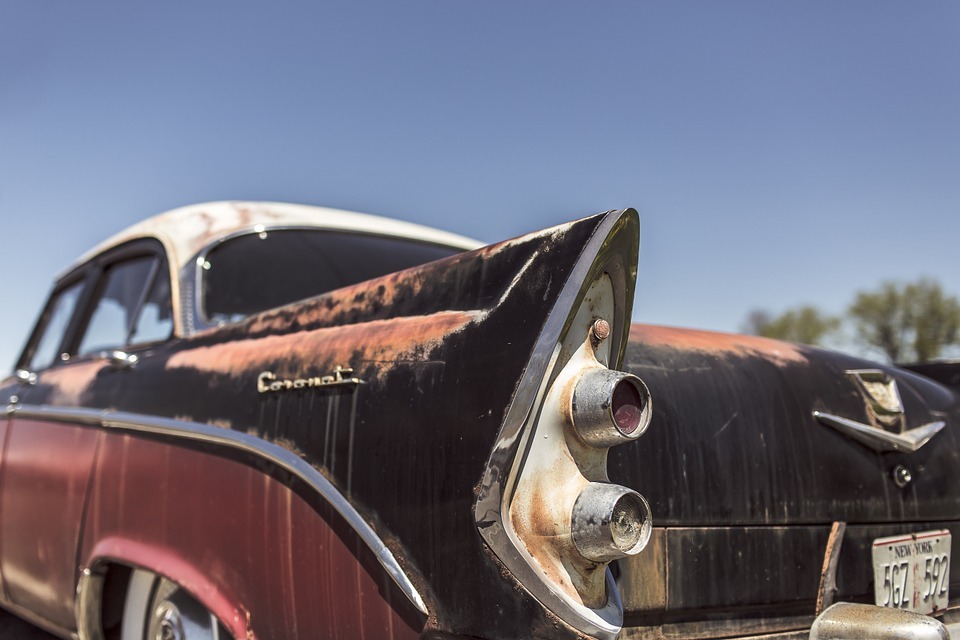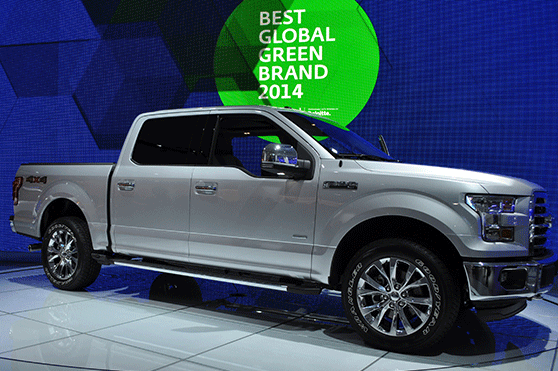
Everybody’s seen rust, also known as corrosion, on a car. It’s usually visible on the bodies of older vehicles in cold-weather areas. But when you’re replacing a windshield, a small amount of unseen corrosion can cause windshield replacement problems.
Problems in the Pinchweld
Your car’s windshield is attached to the vehicle’s body at the pinchweld, which is the groove that the glass sits in. If the pinchweld rusts, it can cause potentially deadly safety problems. For example, the windshield may not stay attached to the car in the event of an accident or roof collapse. This can affect how the front airbags deploy, as well as how effective the passenger restraint system is.
How Did Rust Get in There?
The main cause of corrosion in the pinchweld is a previous windshield install that was done improperly. It’s important for installers to clean and prepare the pinchweld before putting the glass in. Sometimes the corrosion is so bad the tech must refuse to complete the job until it’s corrected. The bottom line: Rust is frequently caused by poor workmanship.
Aluminum-Bodied Vehicles and their Windshields
Aluminum eliminates many of the rust issues of steel-bodied vehicles, but creates new difficulties as well.
The redesigned 2015 Ford F-150 was touted as the first full sized truck to have an all-aluminum body. Everyone seems to have their opinions about this change. For better or for worse, the automotive industry as a whole is making a shift towards this direction of lighter, more fuel efficient, yet still powerful and full-sized vehicles. This isn’t new for some automakers though, like Audi, who have been manufacturing aluminum bodied vehicles since 1998. And a large percentage of auto manufacturers use aluminum on at least some body parts. Better fuel economy from a lighter body is great, but since we’re all about glass, we want to know if an aluminum-bodied windshield replacement anything special.
The answer: yes- it most certainly is! If a vehicle’s body is not made from aluminum, then it is usually made from steel (unless you’re driving around in a carbon fiber bodied supercar). Aluminum is generally a softer metal than steel and can be damaged more easily. It requires a specialized set of skills to repair if damaged.
Aluminum-Bodied Windshield Replacements
This means extra care must be taken when replacing the windshield on your aluminum bodied vehicle. Technicians should use tools that will not scratch or mar the frame underneath the windshield when extracting it. Technicians will generally use a knife-like tool to separate the windshield from the body, but on these vehicles they will usually use a rope or wire tool to cut it out.
Special Considerations
If the pinchweld (the frame that holds the windshield) is damaged in the removal process, it is imperative that the damage is repaired quickly and correctly to avoid corrosion, which is the other major area of concern when it comes to dealing with aluminum bodied vehicles. Unlike steel, which rusts, aluminum corrodes. It can be more difficult and costly to repair corroded aluminum than rusted steel. Therefore extra precautions must be taken during the windshield replacement process.
First, a manufacturer might specify the use of a non-conductive urethane (urethane is basically the glue that holds the windshield in place). If the wrong type of urethane is used on aluminum, it may cause corrosion down the road. Additionally, tools are again an important factor in these replacements. This time it’s because cross contamination from other metals can cause corrosion. For example, if a replacement technician uses a tool on steel, and the same tool on aluminum, chances are he has contaminated the aluminum. This can jumpstart the corrosion process. Many shops keep an entire separate set of tools just for aluminum bodied vehicles.
How to Find Peace of Mind
To ensure that you’re only using experienced, well-trained installers, make sure that the automotive glass replacement company you check on Glass.com®. Whether your car or truck has an aluminum body or a steel body, we can help you find a specialist in your area.
Remember: A safe, proper windshield installation could mean the difference between life and death.














